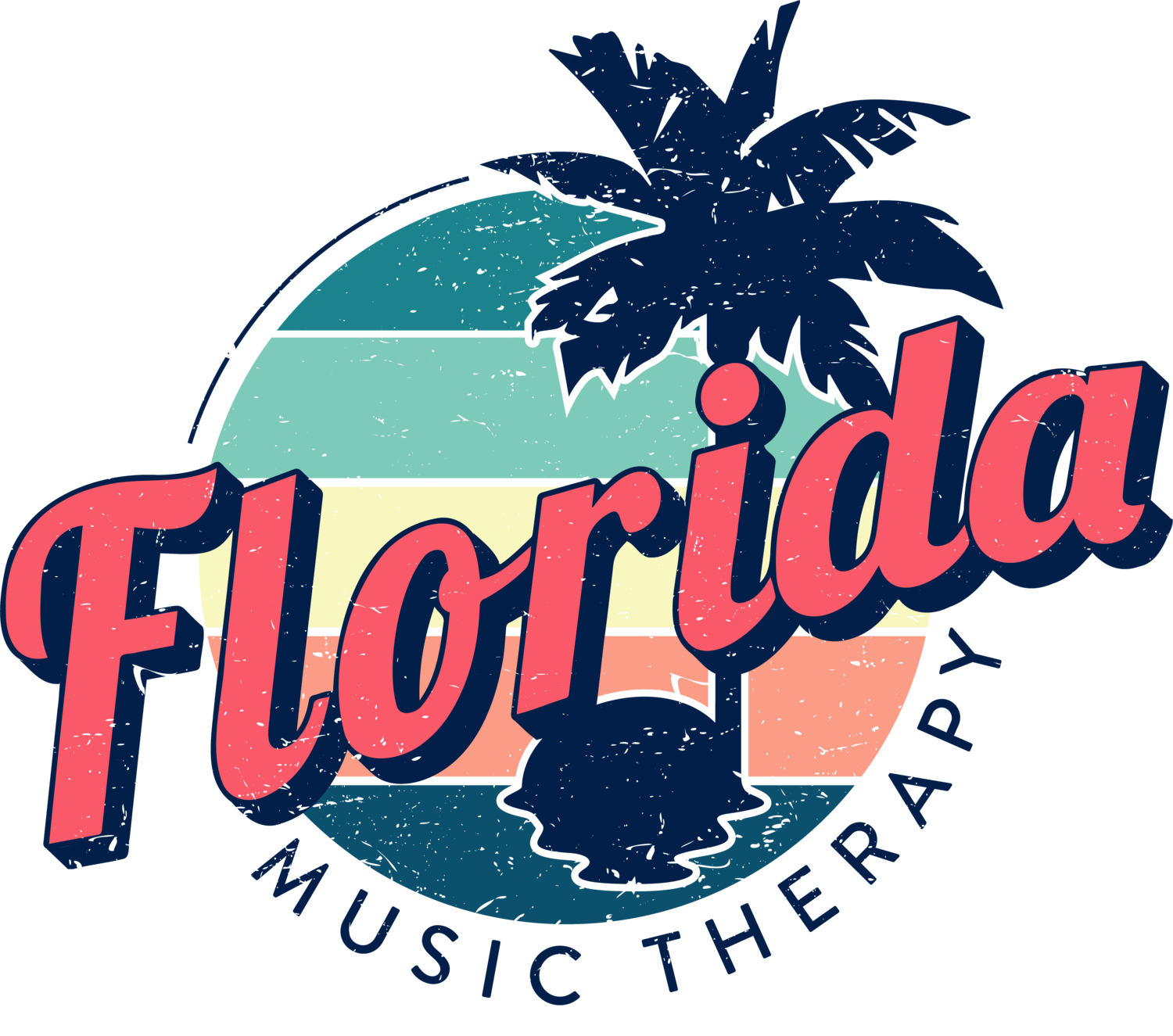How To Become A Board Certified Music Therapist
“Music Therapy is the clinical & evidence-based use of music interventions to accomplish individualized goals within a therapeutic relationship by a credentialed professional who has completed an approved music therapy program.”
(American Music Therapy Association, 2005)
You may be wondering, how do you become a credentialed professional? Whether you’re a high school student researching career options that incorporate your love of music, a professional musician looking for a new purpose, or someone switching careers entirely, there are multiple paths and programs that can lead you to a career in music therapy. In this post, we’ll explore the various educational routes, career transitions, and certification options that can help you turn your love for music and helping others into a meaningful profession.
The Traditional Route: Undergraduate Degree in Music Therapy
The most direct route to becoming a music therapist is through a bachelor’s in music therapy. A bachelor’s in music therapy will include coursework in music, psychology, and in person clinical hours. A supervised 1200 hour internship will also be apart of your program before sitting for the national certification exam.
This route may be best for: High school graduations, college freshman, or students early in their academic journey.
2. The Equivalency Program (for those with an undergraduate music degree)
If you already have a degree in Music, the good news is that you won’t need to start over. Many colleges and universities offer what is called an equivalency program. These are designed for individuals who already have a music degree and would like to become certified music therapists. These programs allow you to complete therapy-related and clinical hours you did not have during your undergraduate program.
This route may be best for: Musicians or Music Educators who already hold a bachelor’s in music, music performance, or music education who want to move into a music therapy role.
3. Masters in Music Therapy
If you already have a degree and have a strong musical background, you may be able to apply for a masters in music therapy program. Some combine the equivalency track with the masters program.
This route may be best for: Individuals changing careers and/or looking to enter the field with an advanced degree.
4. The Final Step: Board Certification
No matter which route you take, to practice music therapy in the U.S, you will need to become a Board Certified Music Therapist (MT-BC) through the Certification Board for Music Therapists (CBMT). This involves:
Completing an approved program
Finishing a clinical internship
Passing the national board exam
Once certified, you’ll need to maintain your credentials with continuing education every five years.
For more information visit: https://www.musictherapy.org/careers/information_for_becoming_a_music_therapist/
